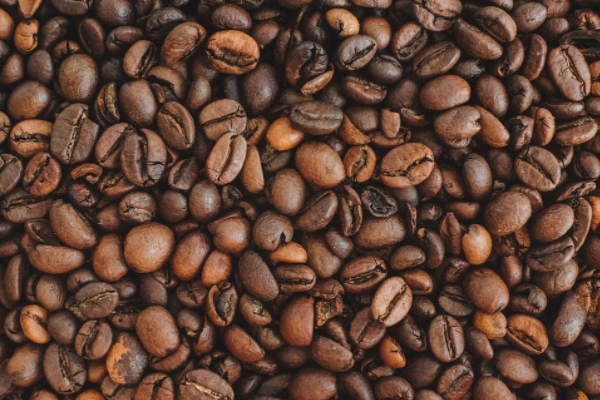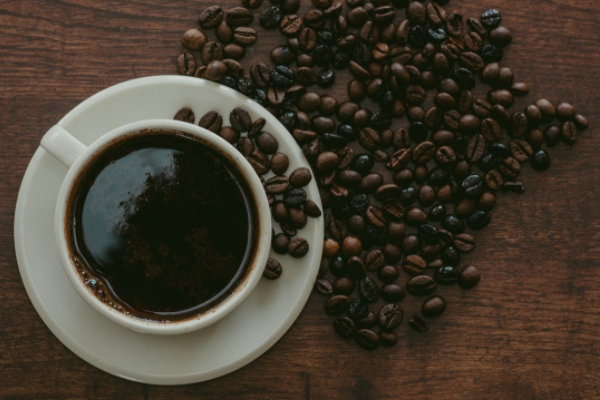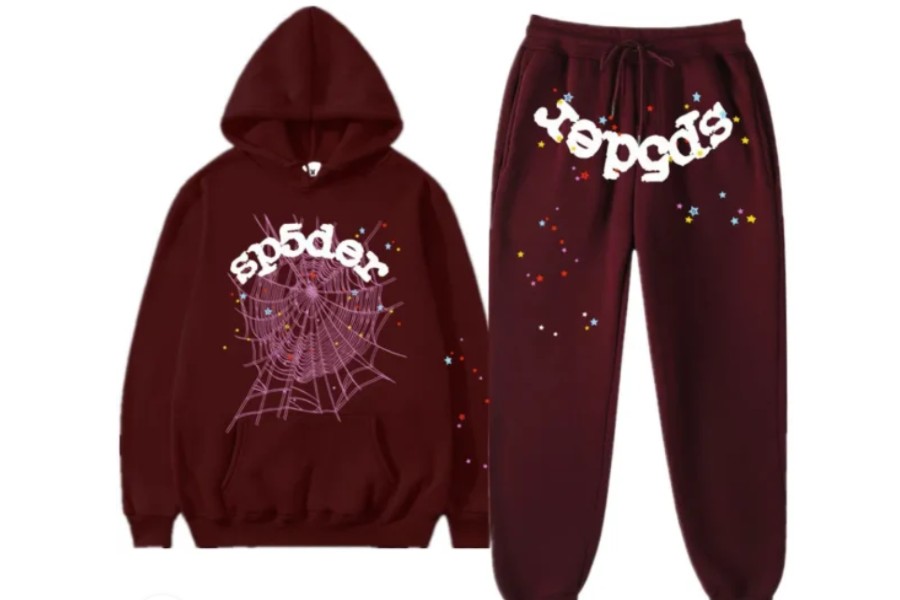 Coffee is one of the most popular morning beverages. Millions of people drink coffee every single day, and for many, it’s their only source of caffeine in a day. Brewing coffee is an art form. It takes a certain amount of knowledge in order to make the perfect cup, and it also takes some equipment. This blog post will discuss what you need to consider when brewing coffee.
Coffee is one of the most popular morning beverages. Millions of people drink coffee every single day, and for many, it’s their only source of caffeine in a day. Brewing coffee is an art form. It takes a certain amount of knowledge in order to make the perfect cup, and it also takes some equipment. This blog post will discuss what you need to consider when brewing coffee.
The Quality of Coffee Beans
The quality of the beans is often an overlooked factor when brewing coffee, but it has a big impact on how your cup tastes.
For instance, arabica beans are typically considered to be higher-quality than robusta because they have more flavorful oils that release during roasting and less caffeine content. However, if you like stronger coffee with more bitterness or acidity (such as espresso), then robusta might not be such a bad thing for you after all! Or, as the folks at Daily Espresso explain if you use milk a darker roast is best so the coffee flavors still emerge through the dairy. Starting with freshly roasted beans will greatly improve the quality of your cup! You may want to try a sandbox smart roaster because it’s devoted to developing small, simple, and smart Home Coffee Roaster.
To maximize flavor and minimize acidity when brewing darker roasts (such as espresso), use medium grind size rather than coarse grinds. This also decreases bitterness typically found in dark roast coffees by extracting less oil during the brewing process because fines remain on.
The Type of Coffee Maker
The type of coffee maker you use is a big factor in how well your coffee tastes. There are many different types, so it’s important to do some research before purchasing one. Some machines brew faster than others and some have more features than others.
A French press is an example of where the temperature changes as water passes through ground beans, extracting all their flavor over time. Meanwhile, a percolator heats up water that then bubbles up from the bottom for maximum extraction speed at the cost of taste quality because this process produces weak tasting coffee with much higher levels of hydrocarbons and caffeine than other brewing methods.
This is especially true if you live near areas with hard or mineral-rich water like parts of North America or Europe which can lead to a less than perfect cup of joe.
The Amount of Water
The amount of water used in brewing coffee varies depending on the type and strength desired.
For example, for a single cup of espresso or drip-brewed filter coffee, only about one liter is needed to brew it – this depends on how concentrated you want your drink. The stronger the coffee flavor that you prefer, the more water will be required to prepare it. If you like iced coffee with milk added after brewing, then double that amount because ice cubes are also necessary for making iced drinks.
It is important to measure the water and only use as much as you need, for instance, if not enough coffee grounds are used then the final product will be too weak. Also, avoid using hard or distilled water because this can cause bitterness in your cup of coffee.
Consistency And Temperature
Brewing temperature has a huge effect on taste, so it’s important to keep your water between 195 and 205 degrees Fahrenheit.
Some people who brew with cold or iced water believe that they won’t get any acidity from their beans because the beans are being brewed at room temps. This is false: cold brewing still extracts flavor—just not as many acids—and coffee made with boiling hot water tastes more acidic than one where the water was near body temp when poured over ground beans.
Cold brewing involves soaking ground coffee in cold or room temp (around 50° F) filtered water for 12 hours, while ice drip uses large cubes of ice slowly melting into a container below holding the ground beans.
Brewing with cold or iced water will still extract the flavor of your coffee, but you won’t get any acidity from it because the temperature is too low to activate that process, and boiling hot water always tastes more acidic than near body temp when poured over ground beans.

There are many factors that can affect the quality of your coffee. The type and quality of beans, how much water you use in brewing, the consistency, and temperature will all play a part in what flavor is produced. These factors should be considered when choosing which coffee maker to buy as each one has some unique characteristics related to these aspects. If you want to make sure your morning cup is always perfect, it’s important to take into account different variables before making a decision on which machine would work best for you!
Become a Harlem Insider!
By submitting this form, you are consenting to receive marketing emails from: . You can revoke your consent to receive emails at any time by using the SafeUnsubscribe® link, found at the bottom of every email. Emails are serviced by Constant Contact








